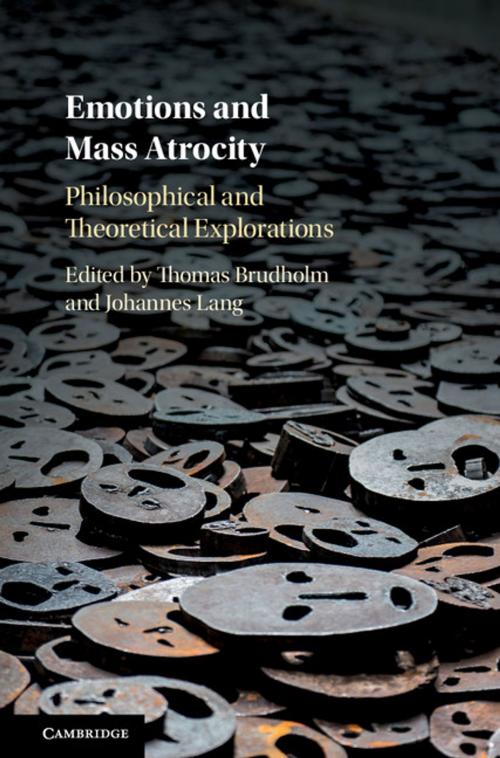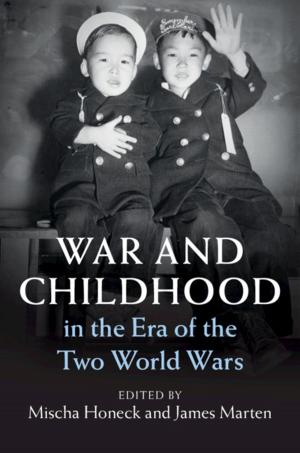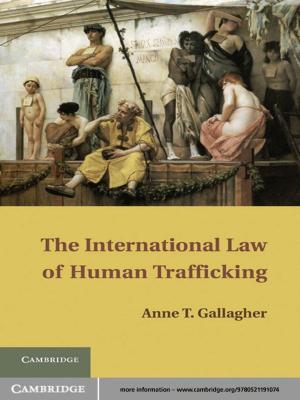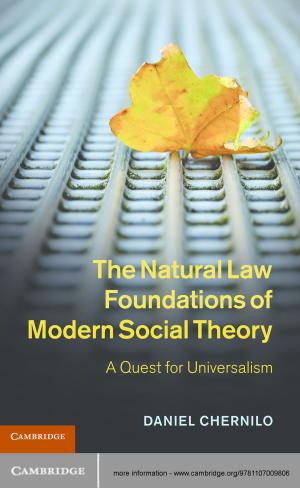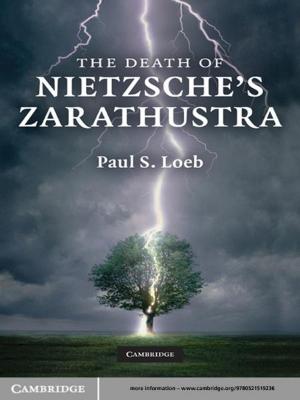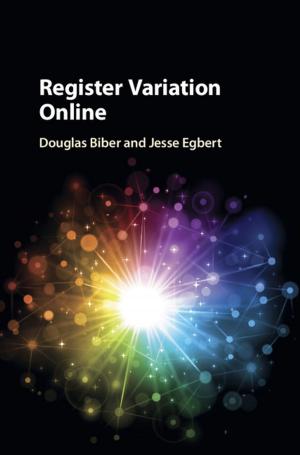Emotions and Mass Atrocity
Philosophical and Theoretical Explorations
Nonfiction, Health & Well Being, Psychology, Social & Cultural Studies, Political Science, History| Author: | ISBN: | 9781108558143 | |
| Publisher: | Cambridge University Press | Publication: | March 31, 2018 |
| Imprint: | Cambridge University Press | Language: | English |
| Author: | |
| ISBN: | 9781108558143 |
| Publisher: | Cambridge University Press |
| Publication: | March 31, 2018 |
| Imprint: | Cambridge University Press |
| Language: | English |
The study of genocide and mass atrocity abounds with references to emotions: fear, anger, horror, shame and hatred. Yet we don't understand enough about how 'ordinary' emotions behave in such extreme contexts. Emotions are not merely subjective and interpersonal phenomena; they are also powerful social and political forces, deeply involved in the history of mass violence. Drawing on recent insights from philosophy, psychology, history, and the social sciences, this volume examines the emotions of perpetrators, victims, and bystanders. Editors Thomas Brudholm and Johannes Lang have brought together an interdisciplinary group of prominent scholars to provide an in-depth analysis of the nature, value, and role of emotions as they relate to the causes and dynamics of mass atrocities. The result is a new perspective on the social, political, and moral dimensions of emotions in the history of collective violence and its aftermath.
The study of genocide and mass atrocity abounds with references to emotions: fear, anger, horror, shame and hatred. Yet we don't understand enough about how 'ordinary' emotions behave in such extreme contexts. Emotions are not merely subjective and interpersonal phenomena; they are also powerful social and political forces, deeply involved in the history of mass violence. Drawing on recent insights from philosophy, psychology, history, and the social sciences, this volume examines the emotions of perpetrators, victims, and bystanders. Editors Thomas Brudholm and Johannes Lang have brought together an interdisciplinary group of prominent scholars to provide an in-depth analysis of the nature, value, and role of emotions as they relate to the causes and dynamics of mass atrocities. The result is a new perspective on the social, political, and moral dimensions of emotions in the history of collective violence and its aftermath.
